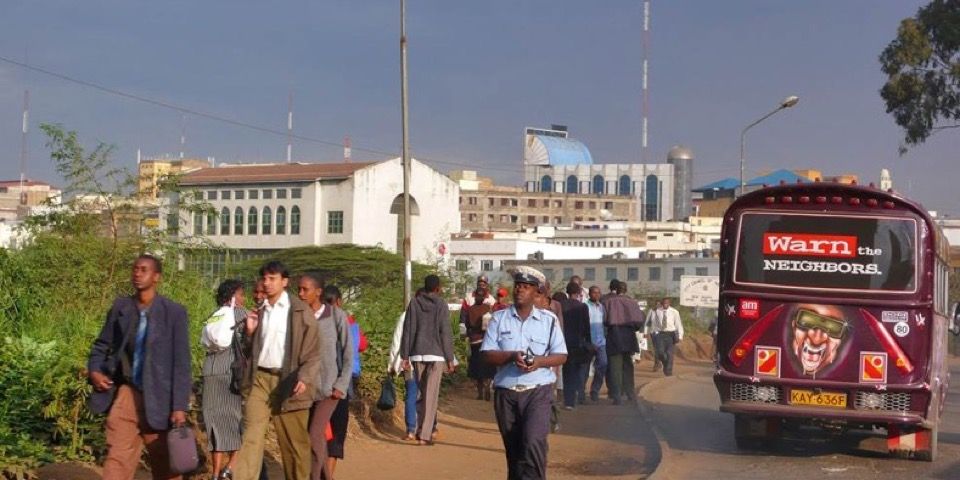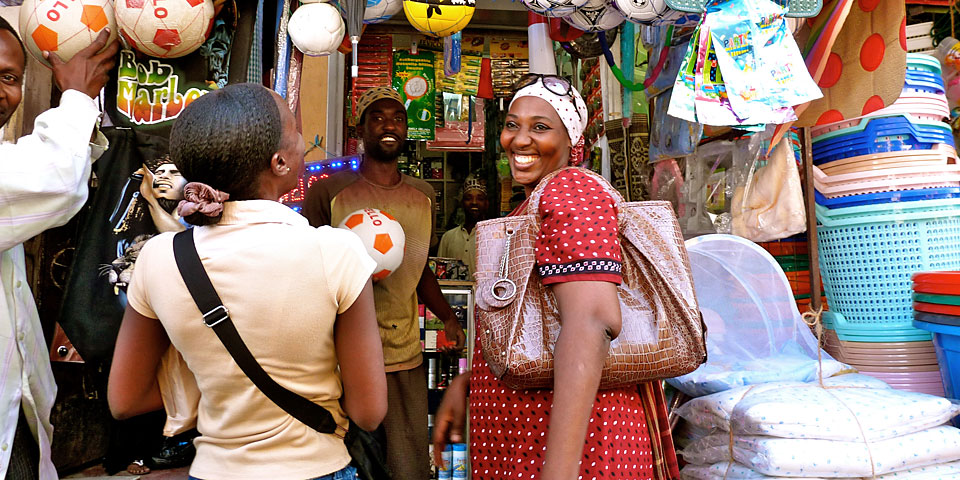Critical Urbanisms Degree: Master

Overview
- Type
- Course of studies
- Degree
- Master
- Start of program
- Fall and spring semester
- Structure
- 1 course of studies with subject
- Duration of study
- 4 Semester
- Credits
- 120
- Language
- English
- Responsible faculty
- Philosophisch-Historische Fakultät
Requirements
Study program
Information on admission:
www.unibas.ch/admission
Dates & Deadlines
Urban lifeworlds in the twenty-first century
The Master’s Degree in Critical Urbanisms at the University of Basel is a four-semester English-taught program that trains a new generation of graduates to think and act beyond divisions of urban versus rural, and North versus South in order to address the complexity of urban lifeworlds in the twenty-first century. The program is supported by an internationally recognized faculty who work on and with cities and territories from a global perspective. The curriculum trains students to develop theoretical and practical competencies, oriented toward both scholarly and public platforms. This combination is essential in addressing the extraordinarily complex challenges of urbanization in the twenty-first century.
Two trademark elements of the program are:
- Interdisciplinary research practice that combines methods from the humanities and social sciences with creative practice and visual representation. Drawing from the disciplines of architecture, geography, history, sociology, political science and anthropology, the curriculum provides students with a unique grounding in urban research.
- Immersive learning in dynamic urban settings: Participants can choose between a semester of study and research on urbanism from the Global South, which takes place at the African Centre for Cities of the University of Cape Town, or a semester of study and multi-sited research exploring urban processes that work across North/South geographies.
Related links and downloads
Research Findings and Scientific Developments
Are you interested in current scientific developments and research findings in this field? On the research websites, you will find numerous publications by researchers from the University of Basel. This resource offers valuable insights and helps you get to know a subject area better–both as an orientation aid and as an accompanying source of information during your studies.
Discover publications and research areas now




